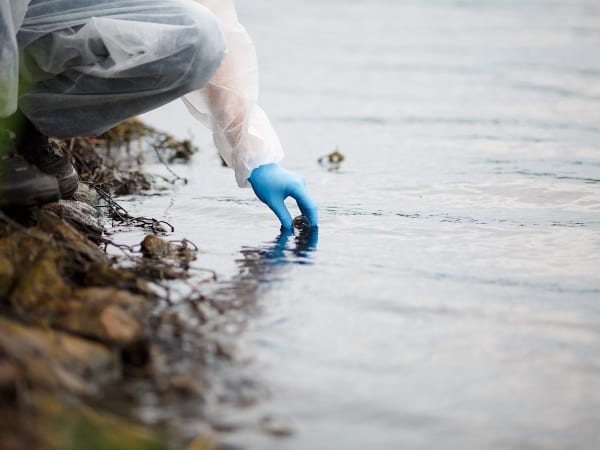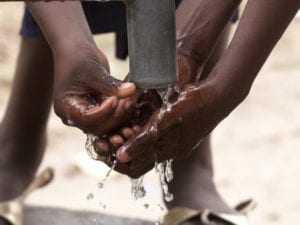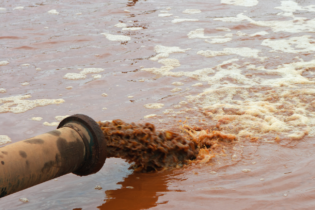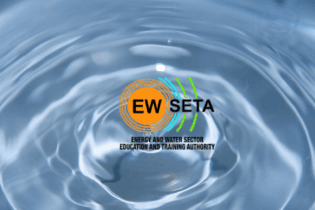The current COVID-19 pandemic makes us acutely aware how crucial access and ability for adequate hand hygiene are for reducing transmission risks of communicable diseases. Good hand hygiene is critical to protecting your health and those around you.
By Professors Stefan Krause, David M Hannah and Iseult Lynch
Indeed, regular and thorough handwashing is promoted as one of the most important contributions individuals and households can make to reducing transmission of diseases, including COVID-19. Advice to ‘wash your hands’ thoroughly – 20-seconds of lathering with soap – may seem easy to follow, yet millions globally cannot reliably access the water and soap necessary for handwashing. Moreover, more frequent handwashing places further demands on already limited water supplies, exacerbating the challenges faced by communities in water scarce areas. Climate change, population growth, and displacement of people present additional challenges by altering water availability, accessibility, and demand. Water insecurity and limited opportunities for sanitation and hygiene are everyday challenges in many communities across our planet. UN data (2017) indicates that 40% of the world population (64% in low income countries) lack basic handwashing facilities with soap and water at home – that’s 3 billion people at increased risk from COVID-19.
“Problems with quality and accessibility of water often present barriers to handwashing”
“The current COVID-19 pandemic makes it clear that access to water and sanitation is a basic human right“According to the World Health Organisation (WHO), diarrhoea, predominantly caused by polluted water and water borne diseases is the second biggest cause of death in children under five years old (after malnutrition); and there are around 1.7 billion cases of childhood diarrhoeal disease annually (of which approximately 2 million die). Never has the urgent call for action on Sustainable Development Goal (SDG) 6 to “ensure availability and sustainable management of water and sanitation for all” been so evident to so many people. The current COVID-19 pandemic makes it clear that access to water and sanitation is a basic human right. Clean water allows good hand hygiene and is, of course, also vital for drinking and preparing food. We must invest now in water infrastructure and water governance – that’s to say the way water is managed and provisioned. This will help to ensure that communities and individuals everywhere can wash their hands safely. For those with access to stable water supplies, re-education as to the value of water and how to use it sustainably is needed urgently; supplies will not continue to meet demand as populations grow and human demands change. We need to address these ‘wicked water problem’ to combat the current and anticipated future critical disease outbreaks and, in turn, improve livelihoods and save lives.
About the Authors
Professor Stefan Krause Krause is Professor of Ecohydrology and Biogeochemistry. His interdisciplinary research group on coupled groundwater and surface water systems investigates the multifaceted impacts of global environmental change on hydrological fluxes, biogeochemical cycling and contaminant transport, and ecohydrological feedback functions in complex landscapes. Professor David M Hannah Hannah is Professor of Hydrology, UNESCO Chair in Water Sciences and Director of Research of the College of Life and Environmental Sciences at the University of Birmingham. His research aims to understand water cycle processes, hydrological events (flood, drought) and water-related impacts under climate and other drivers of change. Professor Iseult Lynch Lynch is Professor of Environmental Nanosciences and Associate Editor for Environmental Science: Nano, and Deputy director for the Facility for Environmental Nanomaterials Analysis and Characterisation (FENAC) at the University of Birmingham. Her research focuses on the environmental interactions of nanoparticles and nanostructured surfaces with biological entities from macromolecules to organisms.







